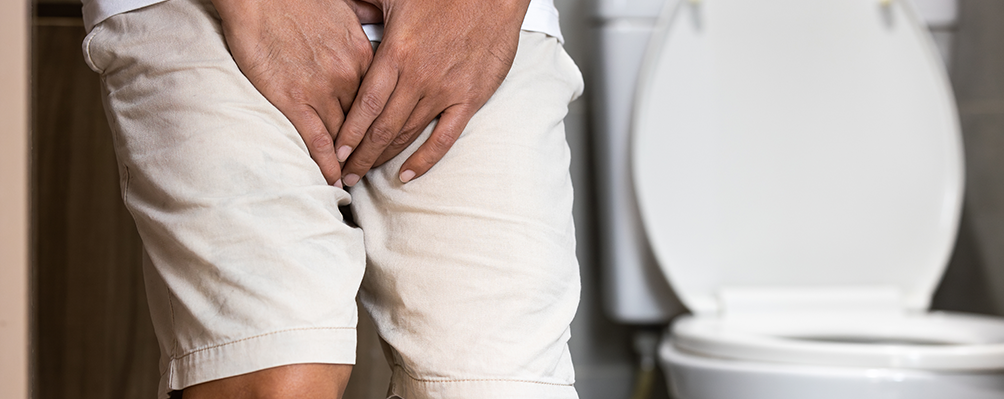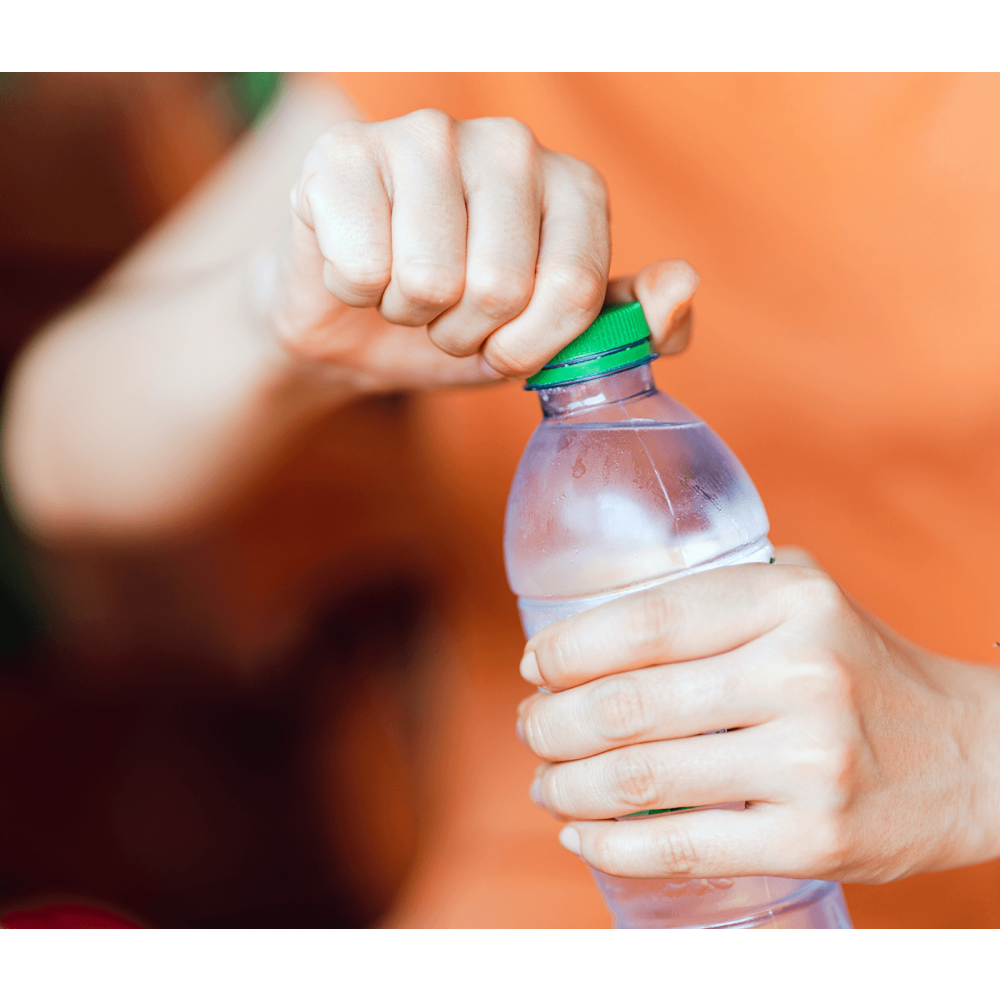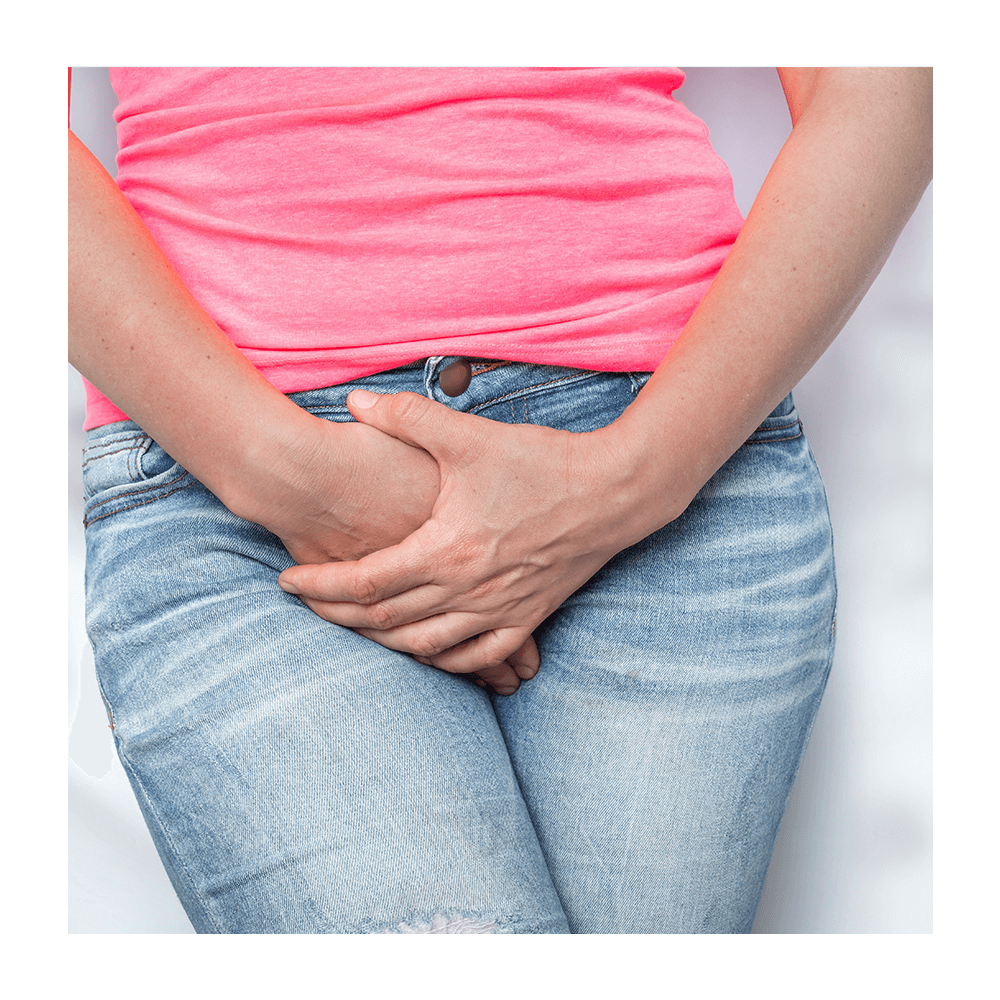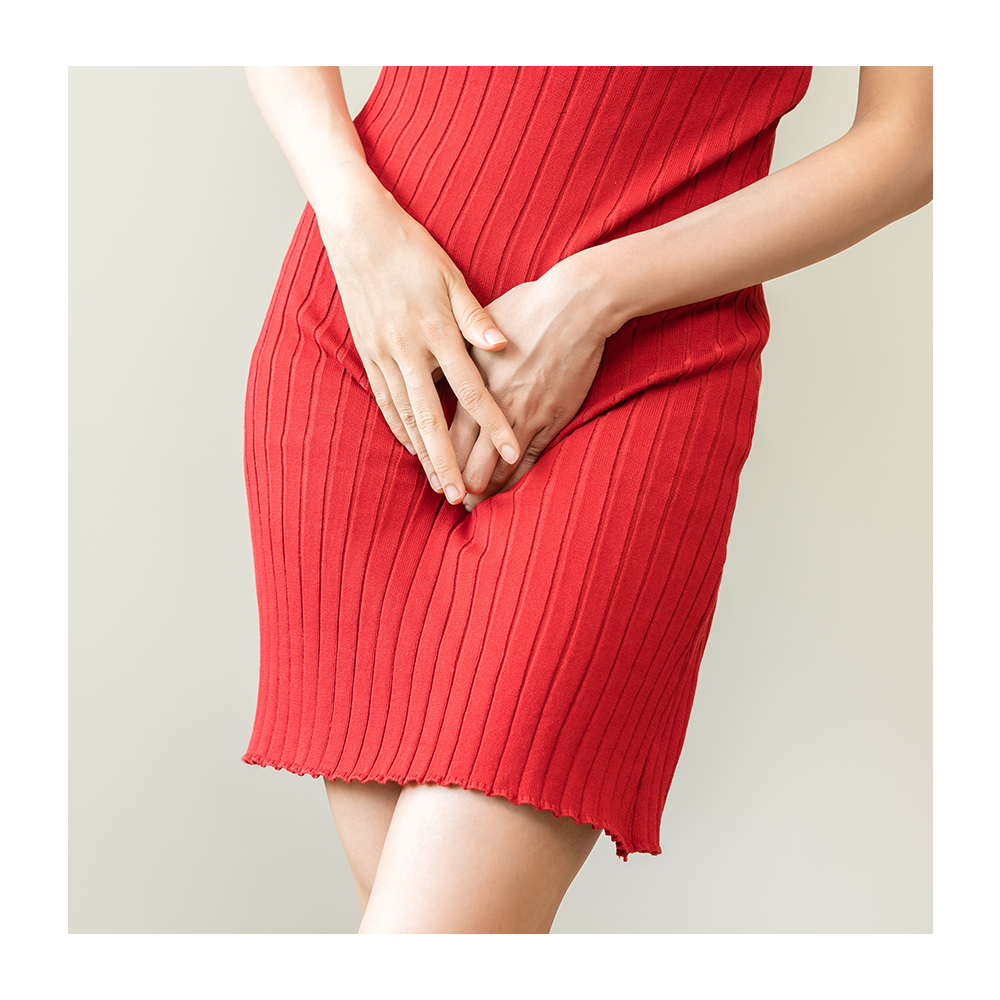Everything you need to know about urge incontinence
Urge incontinence is when you suddenly feel a strong need to pee. It can catch you off guard, and if you can't make it to the bathroom in time, you might have some urine leaks. These leaks can be awkward and bothersome.
Lots of people deal with urge incontinence, no matter their age or gender. It can mess with your day and make social situations uncomfortable. But don't worry, it doesn't have to run your life.
Sometimes, people mix up urge incontinence with stress incontinence. Stress incontinence is when you leak urine because of pressure on your bladder, like when you laugh or cough. The good news is, that by learning more about what causes urge incontinence, its symptoms, and how to manage it, you can take back control and feel confident again.
What are the causes of urge incontinence?
One way urge incontinence shows up is when things go a bit haywire in our brains and how our bodies work together.
Neurological conditions
For instance, Multiple Sclerosis (MS) is a condition where the immune system goes a bit wonky and messes up how our brain talks to our spinal cord. This can mess with the signals to our bladder, causing a few problems:
- Our bladder muscles might start squeezing without us wanting them to.
- We might not feel when our bladder is full or have trouble holding it in.
- It could be tough to recognize when we need to go to the bathroom and respond in time.
There's also Parkinson’s Disease, a condition that messes with our brain and how it controls things like bladder functions - specifically, it messes with something called dopamine pathways.
And then there are spinal cord injuries. When our spine gets injured, it can mess with the nerves that help control our bladder. Sometimes, our bladder might just empty without us meaning for it to happen.
Weakened pelvic floor muscles
The pelvic floor plays an important role in helping you control your bladder. It does this by supporting the urethra, which is like a tube that lets urine out of your body, and making sure it closes properly when needed.
But, as time goes on, the pelvic floor can face challenges.
- Childbirth - When a woman is pregnant and giving birth, the pelvic floor muscles stretch a lot. This can make them weaker, leading to less support for the bladder and making it harder to control when you need to pee.
- Ageing - Just like other muscles in your body, the pelvic floor muscles can wear out as you get older. This is especially true for women going through menopause because of hormonal changes.
- Medical Procedures - If you've had pelvic surgery or radiation therapy, it could also harm your pelvic floor muscles. Being chronically overweight or dealing with constipation can also put extra strain on these muscles, making them less effective.
If you're experiencing issues like urinary incontinence or an overactive bladder, there's good news. You can strengthen your pelvic floor muscles with exercises called Kegel exercises. These exercises can help improve bladder control and reduce leaks.
Medical Conditions
There are a few medical reasons why someone might experience urge incontinence.
Diabetes - If you have high blood sugar, it can harm the nerves that control your bladder. This can make your bladder overactive, causing you to feel like you need to pee a lot, even when you don't need to. It can also make it hard for you to know when your bladder is full.
Bladder stones - These are hard pieces that form in your bladder from minerals. They can scratch the inside of your bladder, making it irritated and uncomfortable. This irritation can make you feel like you need to pee urgently and might cause pain when you pee.
Enlarged prostate: If you're a man and your prostate gland gets bigger, it can squeeze the tube that carries pee out of your body (the urethra). This can make it hard for you to pee properly and empty your bladder. As a result, you might have leaks because your bladder isn't emptying like it should.
Medicines
Medical treatments can sometimes make urinary incontinence worse. Blood pressure medications called diuretics are often given to people with high blood pressure or heart problems. They work by making your body produce more urine to get rid of extra water and salt. But this extra pee can push on your bladder and make you feel like you need to go urgently.
Some antidepressants, a common type being TCAs, can also affect your bladder. They mess with certain nerve signals and make the muscles in your bladder weaker. This might mean you can't empty your bladder, hold onto urine more, and feel like you need to go all the time.
Taking control of urge incontinence
Dealing with urge incontinence can sometimes feel like an ongoing challenge, but there are plenty of helpful strategies to improve your situation and make life easier. Lifestyle changes can really make a difference
Lifestyle changes
- Fluid management - It's important to stay hydrated, but cutting back on fluids before bedtime can ease bladder pressure throughout the day. Try to avoid drinks with caffeine and alcohol when you can, as they can make things worse.
- Eating habits matter too - Foods high in fibre can help with constipation, which reduces pressure in your belly and can make urgency less intense. And while it might seem surprising, steering clear of acidic and spicy foods can soothe an irritable bladder.
- Keeping a healthy weight - It takes some pressure off your bladder and pelvic floor, which helps you keep control.
These changes can be especially helpful if you have certain health conditions or risk factors, like acidic foods or fizzy drinks aggravating your symptoms. So, making these adjustments can make a big difference in managing urge incontinence and improving your quality of life.
Bladder training
Bladder retraining is all about teaching your bladder to hold more pee for longer periods. You do this by gradually increasing the time between trips to the bathroom. It's like training a muscle to be stronger!
Keep track of how much you drink, how often you go to the bathroom, and any accidents you have. This helps you understand what might be causing your bladder issues.
Medications and procedures
Sometimes, your doctor might suggest medications that relax your bladder muscles or special procedures like nerve stimulations to help improve your bladder function in the long run. These treatments can make a big difference!
Tackling urge incontinence with Incontinence UK
Living with urge incontinence can be tough, but guess what? You're not alone! There are millions of people just like you in the UK and all around the world dealing with this condition.
Every little step you take toward managing urge incontinence counts. Whether it's changing up your lifestyle a bit or trying out different medications, each step is a move toward taking back control of your life and independence.
If you're having a hard time with urge incontinence and want affordable solutions that help you feel more comfortable and dignified, then you should check out Drylife pads from Incontinence Shop.
We've got you covered for those unexpected leaks too! Our incontinence pads and pants provide reliable protection to minimise any discomfort and keep things discreet.
And hey, here's the best part: our prices are lower than what you'll find at the supermarket! So, if you want quality products without breaking the bank, Incontinence Shop is the way to go.
But wait, there's more! When you subscribe to your favourite incontinence products, you'll get 10% off every order and super convenient doorstep delivery. It's like having one less thing to worry about!







